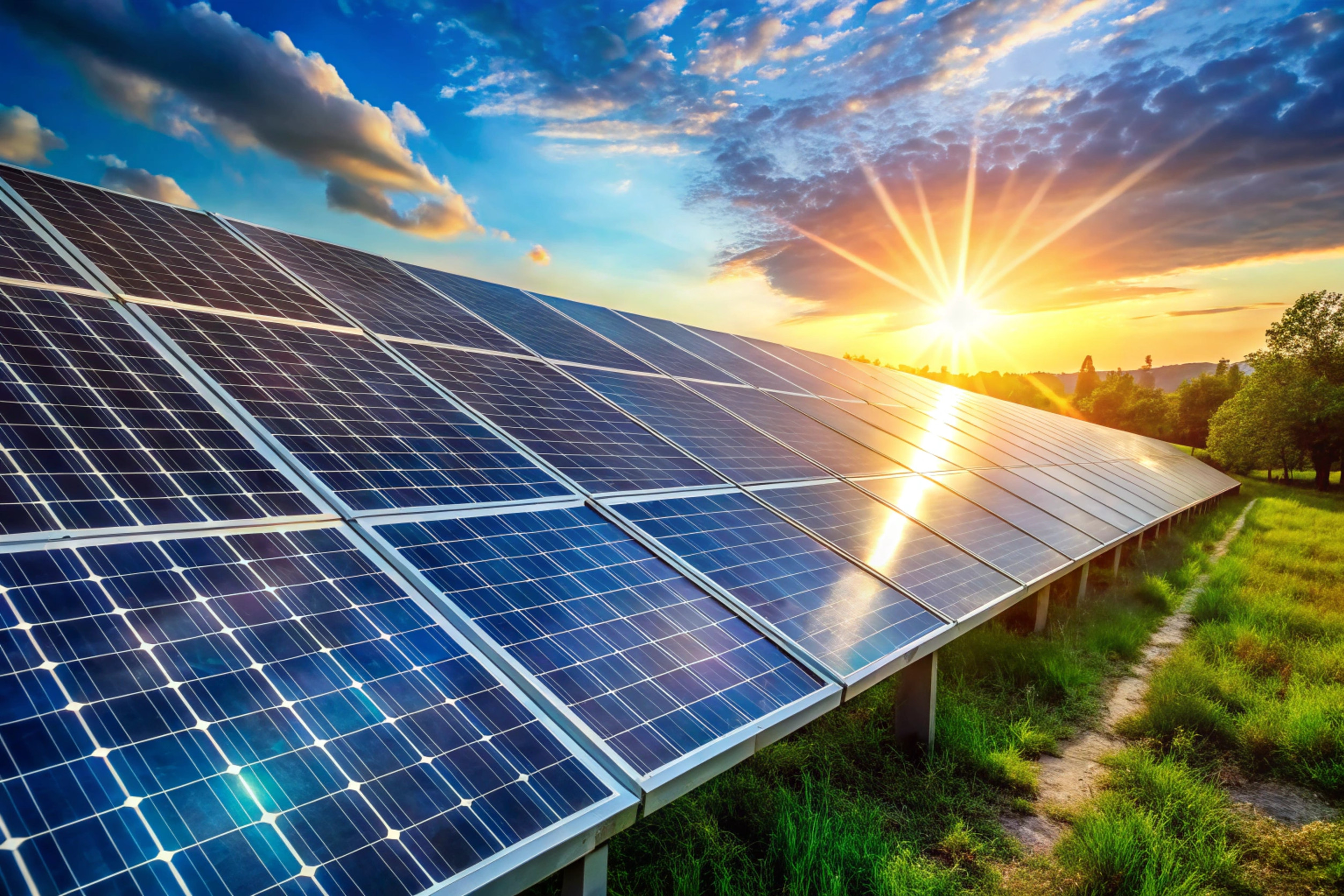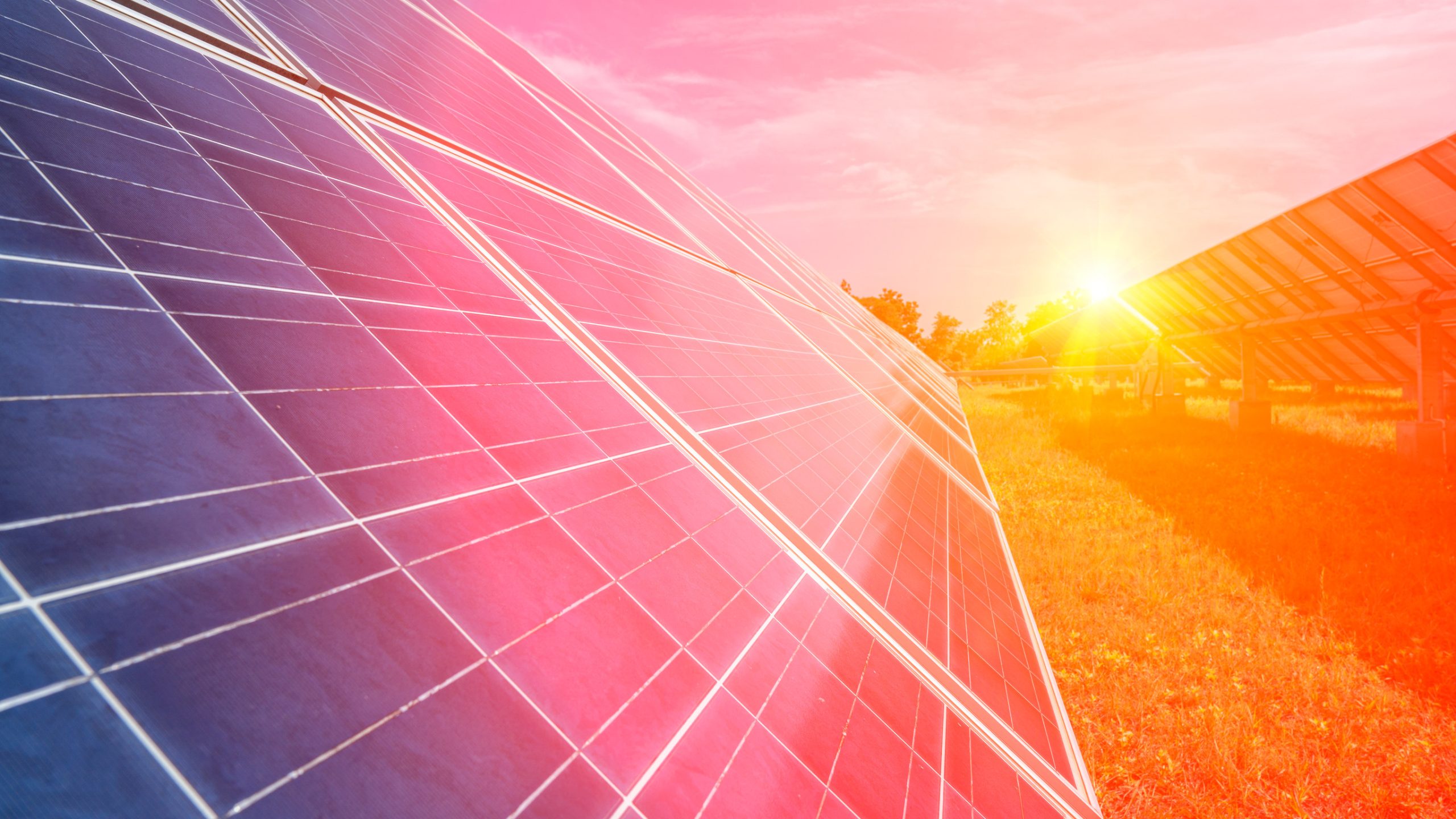
It sounds like a dream: a sleek, modern home soaking up the sun and turning it into clean, green energy. Solar panels promise lower utility bills, energy independence, and a lighter environmental footprint. But for many homeowners, that dream can quickly turn into a complicated and expensive headache.
Beneath the marketing gloss, real frustrations are waiting—ones that can turn a smart-sounding purchase into a source of ongoing regret. Before getting too swept away by the sunny promise of solar, it’s worth taking a closer look at what’s lurking behind those panels.
1. The Upfront Costs Can Be Much Higher Than Expected
Despite falling prices in recent years, installing solar panels is still a significant financial commitment. Many buyers assume that incentives and rebates will drastically reduce the cost, only to discover that eligibility criteria are stricter than expected. When factoring in permits, installation fees, equipment, and labor, the price tag can easily soar beyond initial estimates.
This is especially frustrating when a buyer is looking at a home with panels already installed and expects everything to be “included.” Instead of a deal, they may be inheriting someone else’s long-term lease or financing plan.
2. Maintenance Isn’t As Hands-Off As Promised
Solar systems are often sold as “set it and forget it,” but that’s rarely the full story. Panels can crack, inverters can fail, and connections can corrode—especially in regions with harsh weather or high humidity. Dust, snow, or bird droppings can reduce performance, requiring regular cleaning to maintain efficiency. Warranty claims, while available, often come with loopholes and delays that leave homeowners waiting for repairs. Even tracking performance through apps or monitoring systems can feel like a chore for someone who simply wants power without the hassle.
3. Resale Value of the Home Might Take a Hit
Real estate agents don’t always agree on whether solar panels add or subtract value when it’s time to sell. Some buyers are wary of taking on an existing lease or loan, especially when they don’t fully understand the system’s age or performance. Appraisals might not account for solar panels at all, leaving sellers shocked when their “eco-friendly investment” doesn’t translate to a higher asking price. If panels are leased, potential buyers may balk at having to qualify with the solar company before the sale can proceed. In competitive housing markets, solar panels can complicate and even derail otherwise smooth transactions.
4. Roof Damage and Structural Issues Are Real Risks
Installing panels involves drilling into the roof, which always carries the risk of leaks or structural damage. Poor installation practices or cutting corners to save on labor can lead to long-term water issues, especially in older homes. Even high-quality installations can cause problems if the roof needs repair or replacement during the panels’ lifespan. In those cases, removing and reinstalling the panels adds both cost and hassle. Over time, minor roof damage from the mounting system can worsen and lead to mold, rot, or expensive repairs.

5. The Savings Might Not Be What You Expect
Much of the appeal of solar panels hinges on promises of massive savings on electricity bills. However, those savings vary wildly depending on location, energy usage, local utility rates, and available sunlight. In some states, homeowners still have to pay minimum connection fees or don’t receive full credit for surplus energy sent back to the grid. Others may discover that their actual monthly savings are far smaller than advertised, making the payback period drag out for decades. The mismatch between expectation and reality can leave homeowners frustrated and disillusioned.
6. Battery Storage Is Still Expensive and Inconsistent
Solar energy production peaks during the day, but most people use the bulk of their electricity during the evening. Without an efficient battery storage system, much of the solar power goes unused or gets sent back to the grid. Home battery systems like Tesla’s Powerwall are still expensive, and their installation can nearly double the total system cost. Battery technology is evolving, but current options come with limitations on storage capacity, lifespan, and performance during extreme weather. For buyers hoping to be “off-grid” or fully self-sufficient, the reality is often disappointing.
7. Solar Contracts Can Be Tricky and Hard to Exit
Many homes with solar panels come with existing contracts that are anything but straightforward. These agreements can include long-term leases, power purchase agreements (PPAs), or loans that don’t easily transfer to new homeowners. Buyers may be surprised to learn that they have to qualify financially to assume the solar agreement, adding another layer of complexity to the home-buying process.
Some contracts contain clauses that limit system upgrades or make it difficult to remove panels without penalties. These binding commitments can feel like a trap for unsuspecting homeowners who didn’t read the fine print.
What Are Your Thoughts?
Solar panels may still be a smart investment for the right person in the right location with the right financial plan. But it’s essential to go into the decision—or the purchase of a home with panels already installed—with eyes wide open. Many homeowners learn too late that solar comes with complications, costs, and contracts they hadn’t anticipated.
Before committing, it’s worth investigating every angle to determine whether the long-term benefits truly outweigh the short-term headaches. Have a story or opinion about solar panels in your home? Share your thoughts in the comments below.
Read More
Here’s What Energy Saving Lightbulbs Are Really Costing You
10 Great Innovations From Baby Boomers That We’re Still Benefiting From
The post Want A House With Solar Panels? Here’s 7 Reasons Why You’ll Regret Buying Them appeared first on Everybody Loves Your Money.







